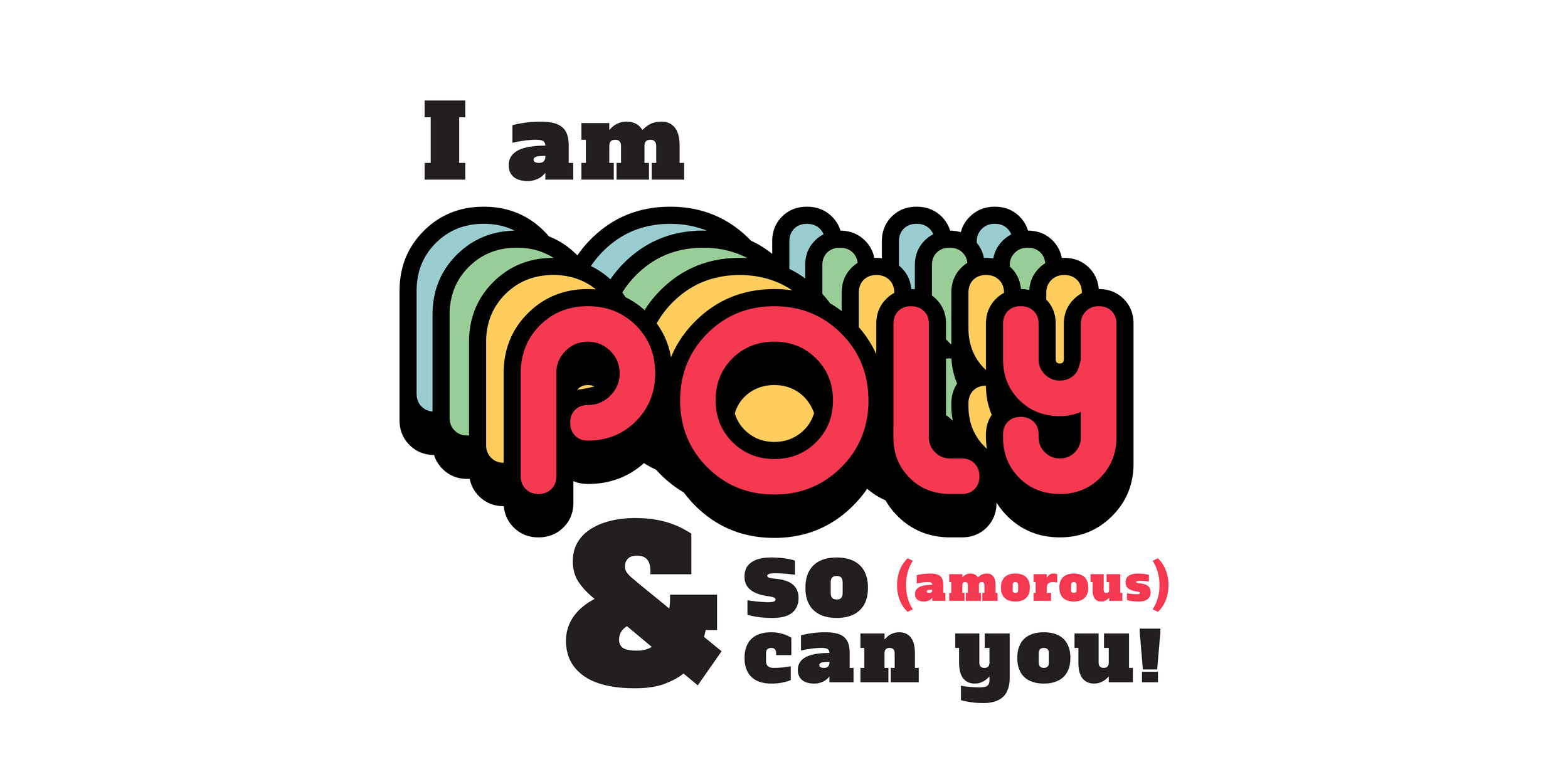Guest Columnist Cavanaugh Quick helps a reader new to non-monogamy navigate couples' privilege!
"I am new to polyamory and am finding a lot of people I'm interested practice hierarchical polyamory and have an established primary. What suggestions or tips do you have for me in feeling out elements of couples' privilege that could be at play as I'm getting to know someone?”
Welcome to the polyam fam! It’s great that you’re thinking about stuff like this as you go, instead of when it (potentially) becomes an issue. You may roll your eyes a little, but here’s truly my best tip: start with an inventory of your own desires, needs, and boundaries in a relationship, regardless of what your new potential lovers are doing or how they’re doing it. Going through the process of setting your own priorities will help you understand how other people may be doing so. It’s also a good way to analyze what things you think are acceptable, in case you find that you do need to address something one day.
The nuances of couple’s privilege are unique and varied, but there are some general things to consider. Does your date’s partner have unquestioned “veto power” over you or the things you and your date do together? Can your date explain the reasoning behind a decision, and do they actually do so? Is the explanation deeper than just “because we are primary partners”? I’m a solo polyamorist, but some of my partners are hierarchical. In my experience, when something looks like my partner prioritizing their primary over me, that’s often exactly what’s happening. For me, the problem isn’t that they made that choice, but that they didn’t actively acknowledge it -- and they didn’t give me a (good) reason why.
I once met up with a new long-distance lover while she was travelling for work, and on our only night (read: few hours) alone together her primary asked if he could call and talk to her about something in his day. Oof. But a) she asked instead of just taking the call. And b) she explained: something had happened, he needed some support, and the details of the incident limited who he could tell. She also offered a time limit and asked if I preferred that she step out of our room while they talked. That was what I needed to understand the request, compare it to my boundaries, and choose my response.
All polyam people prioritize one partner over another at some point. Observe and question the intention and consideration in those choices. If the scenario above kept happening, it would be a problem for me no matter how understandable the situation was. I expect my partners to adapt to new relationships and finding new supports is part of that. Come into a new connection with ideas about what your expectations are (and why!), what you need and want, and if there is room for movement in those desires. This will also help you to identify when something actually feels bad as opposed to when it’s just new or different.
Finally, don’t forget that regardless of hierarchy, any “couple” shouldn’t just be a singular entity. It should be a set of whole, individual people who exist outside of and in addition to being a couple, who are making decisions as whole people outside of and in addition to being a couple. If it seems like that’s not what’s happening, then you already have some important information. Things like race, class, ability, trans status, and all of the other identities we hold inform the decisions that we make. They also inform the way we feel entitled (or not) to question other people’s decisions or enforce our own. Are your partners thinking about those details? Are you? Finding your groove as a polyam person requires hard work and transparency. The best way to feel it all out is to talk to yourself, honestly and frequently, and talk to your people too.
Cavanaugh is a queer, fat, femme Afrolatinx pleasure educator and clinical social worker based in Albany, NY. They value honesty over enthusiasm and prioritize pleasure over adventure, but always strive to experience all four at once. www.cavanaughquick.com


